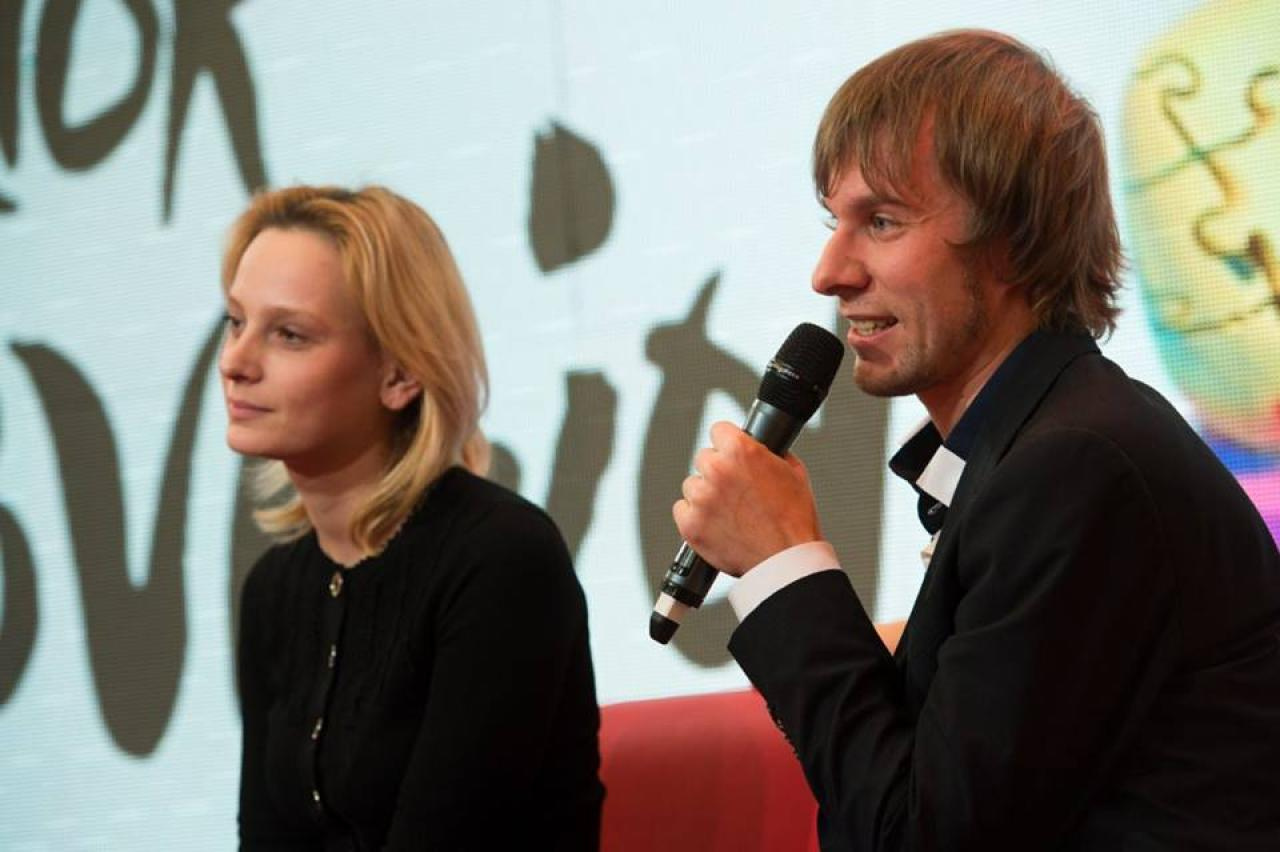
2013 Viewing figures in, 2014 planning underway!
10 December 2013 at 13:50 CETCompiled by Eurodata TV Worldwide, the viewing figures for this year’s Junior Eurovision Song Contest have been released. Overall viewing numbers dropped on last year’s event in Amsterdam, however in three countries the show was moved away from the main channel this year. Conversely, in all bar three countries, the viewing figures for Junior Eurovision outperformed the average audience for the timeslot on the channel that it was broadcast.
Executive Supervisor Vladislav Yakovlev explains: "This was always going to be a transitional year for Junior Eurovision with audiences, as we moved the timeslot to an earlier hour to make it more accessible – and especially with the loss of the Belgian and Israeli audiences. We’ve looked at improving the format with new features this year, and have already had good feedback on these changes. The important thing from this year’s figures is that more people tuned in to watch Junior Eurovision in 9 of the 12 countries than usually tune in to their respective channel at that time – so Junior Eurovision continues to pull in viewers”.
In Russia and Sweden, this year’s show was broadcast on children’s channel which was different to previous years, whilst the broadcast in The Netherlands was moved to Nederland 3. “We’ve had good conversations with our colleagues in Russia and Sweden based on the format changes, and with some additional suggestions from them we know that they are already working hard to show Junior Eurovision 2014 on their main channels again”, Vladislav Yakovlev added.
2014 planning already underway
Finally, there has also been interest from other countries in taking part next year: “Work on Junior Eurovision 2014 began the moment the credits rolled up in Kyiv” said Vladislav. “Yesterday we held a workshop in Geneva with some countries interested in next year’s event, and we continue to have constructive conversations and interest from Finland, Ireland, Italy, Spain, Germany, Greece and Cyprus, amongst others, for future editions, and how they would like to see the format developed.”
Related stories
